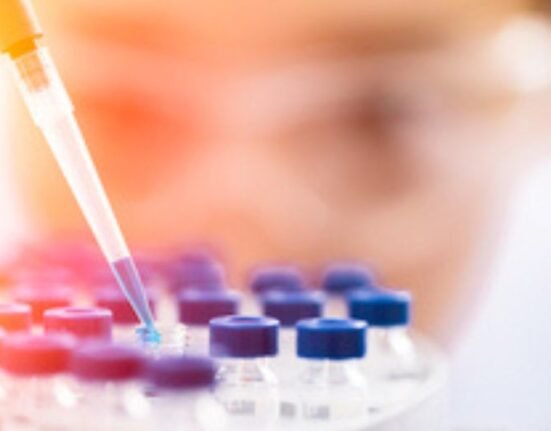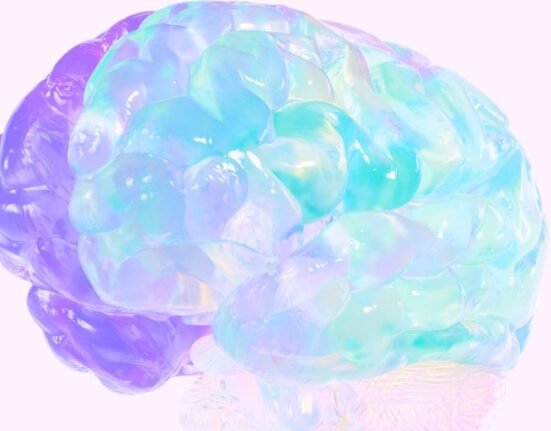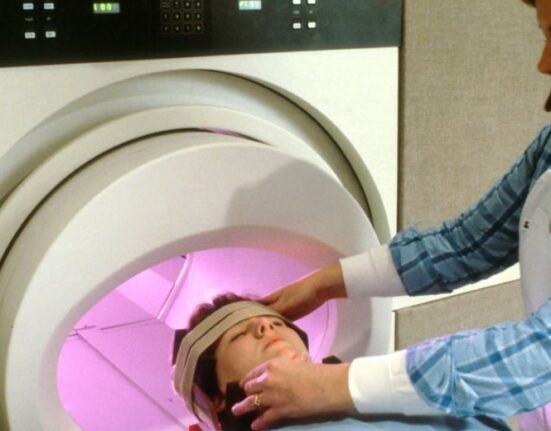HQ Team
May 7, 2024: Anger, for just a few minutes, and the associated stress, depression and anxiety can lead to adverse cardiovascular events. The strong emotional upheaval experienced during anger can change the functioning of your blood vessels, which may make heart attacks and strokes more likely, according to a recent study done by Colombia University, New York.
For the study, 280 healthy adult participants were asked to recall a depressed mood, anxiety, anger, and an emotionally neutral condition for 8 minutes. The researchers then did a pre−/post‐assessments of endothelial health. Endothelial dysfunction can lead to atherosclerosis, or hardening of the arteries, which increases the risk of a heart attack
None of the participants suffered a heart attack during this process but they did experience impaired blood vessel functioning.
Dilation of blood vessels
The researchers took blood samples, measuring blood pressure and the capacity of the blood vessels to dilate.
Such dilation capacity is thought to be a measure of blood vessel health, with lower dilation capacity having been linked to a higher chance of heart attacks. People who were asked to recall an angry event experienced a fall in their blood vessel dilation capacity for nearly 40 minutes thereafter.
“Anger is bad for your blood vessel function,” said lead study author Dr. Daichi Shimbo, a cardiologist and co-director of the hypertension center at Columbia University Irving Medical Center in New York City. “It impairs the function of your arteries, which is linked to future heart attack risk.”
“It is possible that [these effects] occur routinely throughout the day or week with potentially long-term consequences,” the researchers wrote in their paper. “Repeated episodes of a negative emotion may affect cardiovascular physiology over time, causing… irreversible damage.”
Intense emotion trigger
Previous research has shown that heart attacks can be triggered by intense emotional experiences. One study found that many people experienced an intense emotional event just an hour before a heart attack.
The change in blood vessel dilation only happened for people who recalled an angry event. It did not happen with people who recalled sadness or anxiety. Or for those in the control group.
The findings are published in the Journal of the American Heart Association.








